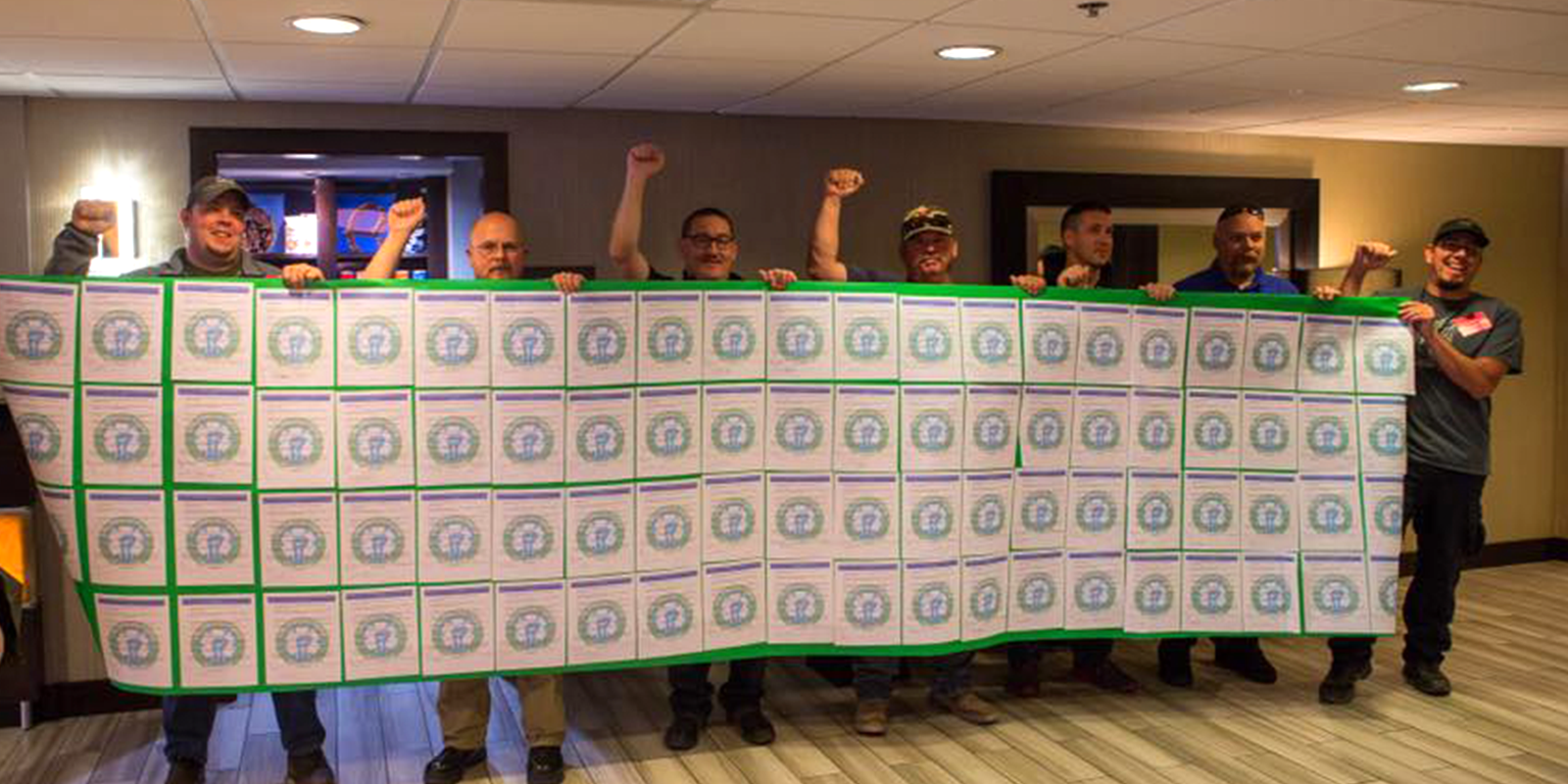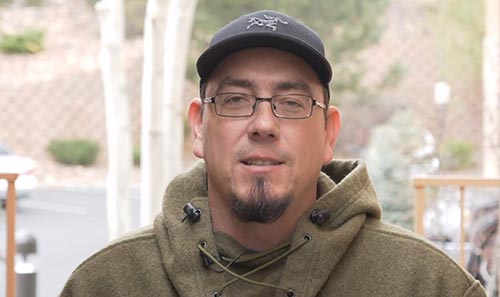Before coming together for a voice on the job in 2017, the paramedics, EMTs and dispatchers in Prescott, Arizona, had no way to stem the tide of overreaches by their employer.
Those included overscheduling and overstressing the crew. In a busy 911 system, “trucks,” as ambulances are sometimes known, were constantly on the move, answering calls or driving to hotspots many miles across the desert in anticipation of the next swell of emergencies or transport calls. Operators were working grueling modified “Kelly shifts” – 24 hours on, 24 hours off – and pulling overtime on top of that.
What compounded the situation, according to Seth Cribb, a member of the Prescott local’s executive board, was that staffing levels had long been declining due to low wages, making those shifts even more challenging.
“We were being run into the ground,” recalls Cribb.
A paramedic who had been with the private ambulance outfit before it was sold to Lifeline/AMR, Cribb described what he calls “a trail of abuses.”
“We had no raises for a long time and then, only modest raises –nothing meaningful,” said Cribb.
Badly in need of better equipment, new ambulances were only brought in when a truck was on its last leg. Also unfair were seemingly small things, like how arbitrarily employees were reprimanded, or even fired, for dress code “violations” or having tattoos.
“It just snowballs. Everyone is getting pressure from corporate,” said Cribb. “Common respect wasn’t there.”
For Cribb and others, the choice to take control and gain a voice through AFSCME had been a long time coming.
A father of seven, Cribb said he had been making a good living as a plumber years ago, but after the recession hit, he needed to make a change. A one-time EMS class hooked him.
“It really started to pull on my heart strings. I mean, taking care of people is great, but taking care of your neighbors is even better. We all take pride in running on our community,” said Cribb. “That’s why it aggravates me when you see (an EMS company) not doing enough for your community.”


